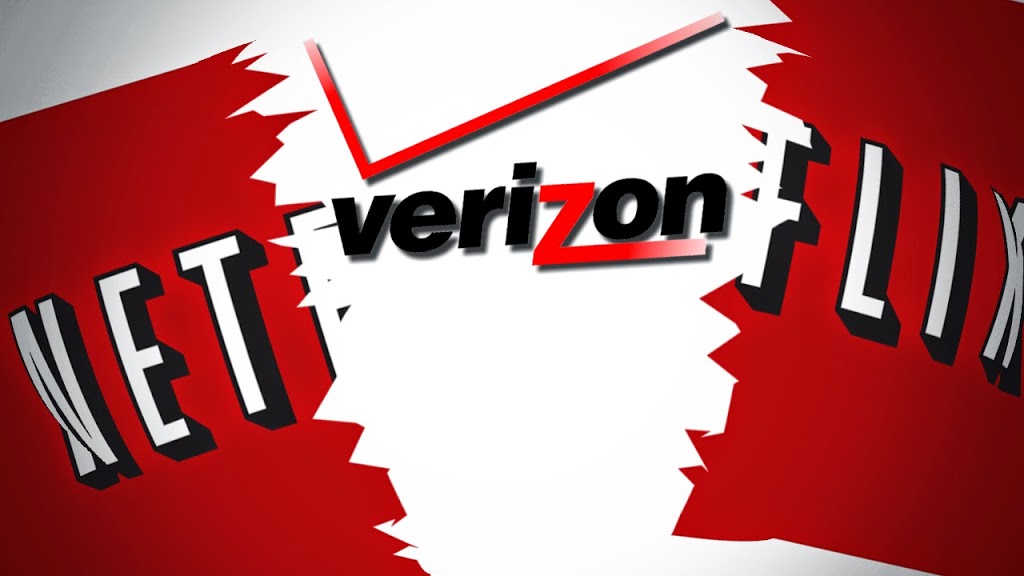When the waiting time for loading video got sluggish, Netflix used social media to advise consumers they should blame Verizon. “The Verizon network is crowded right now,” they tweeted, but informed customers that Netflix was in the process of adjusting for smoother playback. That’s the message that was sent to customers.
Verizon, as you might expect, disagreed – pretty vehemently as it turns out and sent a message of their own to Netflix. Through their attorneys via a cease-and-desist letter that in part said “false accusations have the potential to harm the Verizon brand” and that the allegation was “self-serving, deceptive, inaccurate, and an unfair business practice.”
Verizon pointed out that Netflix’s systems for streaming are complex and so you can’t just go ahead and blame Verizon without substantiation. Oh, and they also wanted Netflix to produce a list of the customers who were sent the notice. There are issues about who pays what for connecting directly to the Verizon network and bypassing the ‘go-between’ that carries content through the Internet, what makes it faster or slower, and other Internet/digital minutiae that’s generally left to lawyers and technology expert-witnesses to sort out. Anyway, that’s the legal perspective.
Here’s the brand perspective: Ultimately it comes down to whom the consumer believes – or doesn’t believe. And believability is always ceded to the brand that consumers are most highly emotionally engaged with.
Sure, there’s rational right and wrong, and nobody likes a slow download, but the more emotionally engaged a consumer is with a brand always translates to higher degrees of loyalty. We’re talking about real loyalty and the benefits that come with it and not just collecting points – the benefits of genuine loyalty.
Real loyalty is accompanied by better behavior toward the more-emotionally-engaged-with-brand. More usage, increased recommendations, and other good things successful brands aspire to. Engagement and loyalty also translates to higher degrees of believability and the consumer’s willingness to give the brand with the highest engagement the benefit of the doubt in uncertain circumstances. Six times more, in fact.
While engagement is category-specific, it is possible to compare Online Video Streaming and Broadband Providers via their individual category Ideals, configured to be 100%. When we do that, Netflix comes out significantly higher than Verizon – 89% vs. 77%. And, as engagement correlates with all those positive behaviors and attitudes and compassion, consumers should feel the same way in the real marketplace. And they did.
Out of 1,000 U.S. consumers who have streaming video, when asked who was most likely responsible for slow program-streaming/downloading, their primary Video Provider or the Broadband Provider, 86% blamed the Broadband Provider.
And of 400 consumers in the sample who cited Netflix as their primary provider, when asked whether the blame would fall at the feet of Netflix or Verizon, 365, or 91%, blamed Verizon. That’s the nice thing about engagement and loyalty metrics, they’re predictive consumer attitudes and behaviors in the real marketplace.
The letter to Netflix warned that Verizon could “pursue legal remedies,” and, again, that’s up to Verizon’s lawyers. But in this instance, given the brand’s current emotional engagement levels, they probably want to avoid a jury trial.
Connect with Robert on LinkedIn.
Find out more about what makes customer loyalty happen and how Brand Keys metrics is able to predict future consumer behavior: brandkeys.com. Visit our YouTube channel to learn more about Brand Keys methodology, applications and case studies.
Share this:
